Sen. John Curran | Facebook / John Curran
Sen. John Curran | Facebook / John Curran
Sen. John Curran (R-Lemont) wants to expand the state's RICO Act to give state prosecutors the same broad powers the federal RICO Act gives federal prosecutors.
Curran was recently asked about ethics reform in Illinois in light of former Speaker Mike Madigan's indictment. He spoke about expanding the scope of the state grand jury and the RICO Act. Illinois' RICO Act is set to expire in June and has a limited scope compared to the federal act.
"We had a comprehensive ethics package last year that we passed that was a good first step. However, there was much more on the table that we had put forward to discuss - two items in particular, proposals that I put forth last year and continue to this year, that would address specifically what's going on with the former Speaker and just corruption in government," Curran said. "One, an expansion of the statewide grand jury, which would get the attorney general involved in investigating public corruption crimes. The attorney general has a statewide grand jury for limited purposes that he convenes. We can expand that to public corruption and actually get our state's top law enforcement official involved in this arena.
Curran also sees a need to expand the state's RICO Act.
"These are the tools that the federal government uses to investigate public corruption. Our local law enforcement officials don't have those same tools. We need to equip and empower our local law enforcement officials with the same tools under RICO - state RICO - as they have under federal RICO," Curran said.
The federal Racketeering Influenced and Corrupt Organizations (RICO) Act became law in 1970. The RICO Act permits all members of a corrupt organization to face prosecution. The initial aim of the law was to take down Mafia organizations, but since its inception, it has proven to be helpful in targeting drug cartels, street gangs, corrupt police departments, and politicians. There is a list of 35 activities under the act that the person charged with violating RICO could be engaged with, and the person could have committed at least two of those crimes in order to be charged.
Ever since then-Gov. Pat Quinn signed the Illinois Street Gang RICO Act into law in 2012, local prosecutors in Illinois could go after street gangs as criminal organizations. "Very clearly, we've been talking about the fact that it's gang-related violence that's really been hurting us. And, very clearly, this is a very direct way to deal with the actual issue of gang violence, rather than just dealing with individual acts," then-Police Superintendent Garry McCarthy said.
The Illinois Street Gang RICO Act states, "The substantial harm inflicted on the people and economy of this State by pervasive violent street gangs and other forms of enterprise criminality, is legitimately a matter of grave concern to the people of this State who have a basic right to be protected from that criminal activity and to be given adequate remedies to redress its harms. Whereas the current laws of this State provide inadequate remedies, procedures and punishments, the Illinois General Assembly hereby gives the supplemental remedies of the Illinois Street Gang and Racketeer Influenced and Corrupt Organizations Law full force and effect under law for the common good of this State and its people."
The legislation is scheduled to expire in June 2022.
"Because the Illinois RICO statute is a direct response to Chicago's gang violence and is designed to protect the public from the pervasive violence committed by street gangs and other criminal enterprises, it excludes investigations into other types of organizations, such as white-collar crime, public corruption, and unions," Derek Keenan wrote in DePaul Law Review.
Madigan was indicted on 22 counts on federal racketeering and bribery charges on March 2. According to a release from the Department of Justice, "The 22-count indictment accuses Madigan of leading for nearly a decade a criminal enterprise whose purpose was to enhance Madigan's political power and financial well-being while also generating income for his political allies and associates."
Madigan has pleaded not guilty to all the federal charges placed against him. He will appear in front of a U.S. district judge for a hearing on April 1.

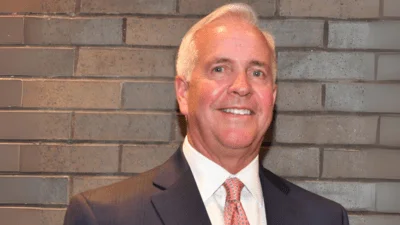
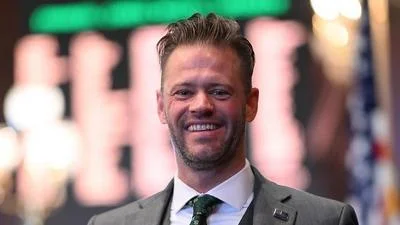
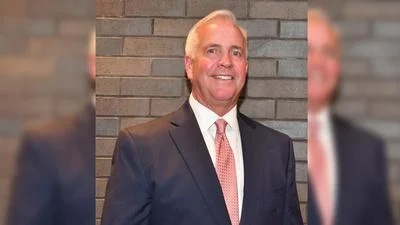
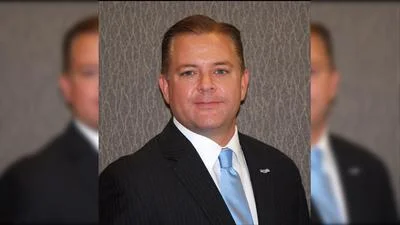
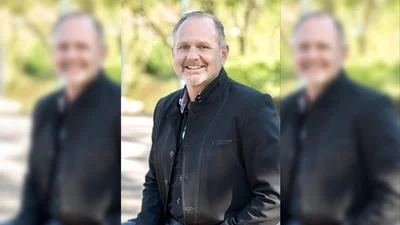
 Alerts Sign-up
Alerts Sign-up